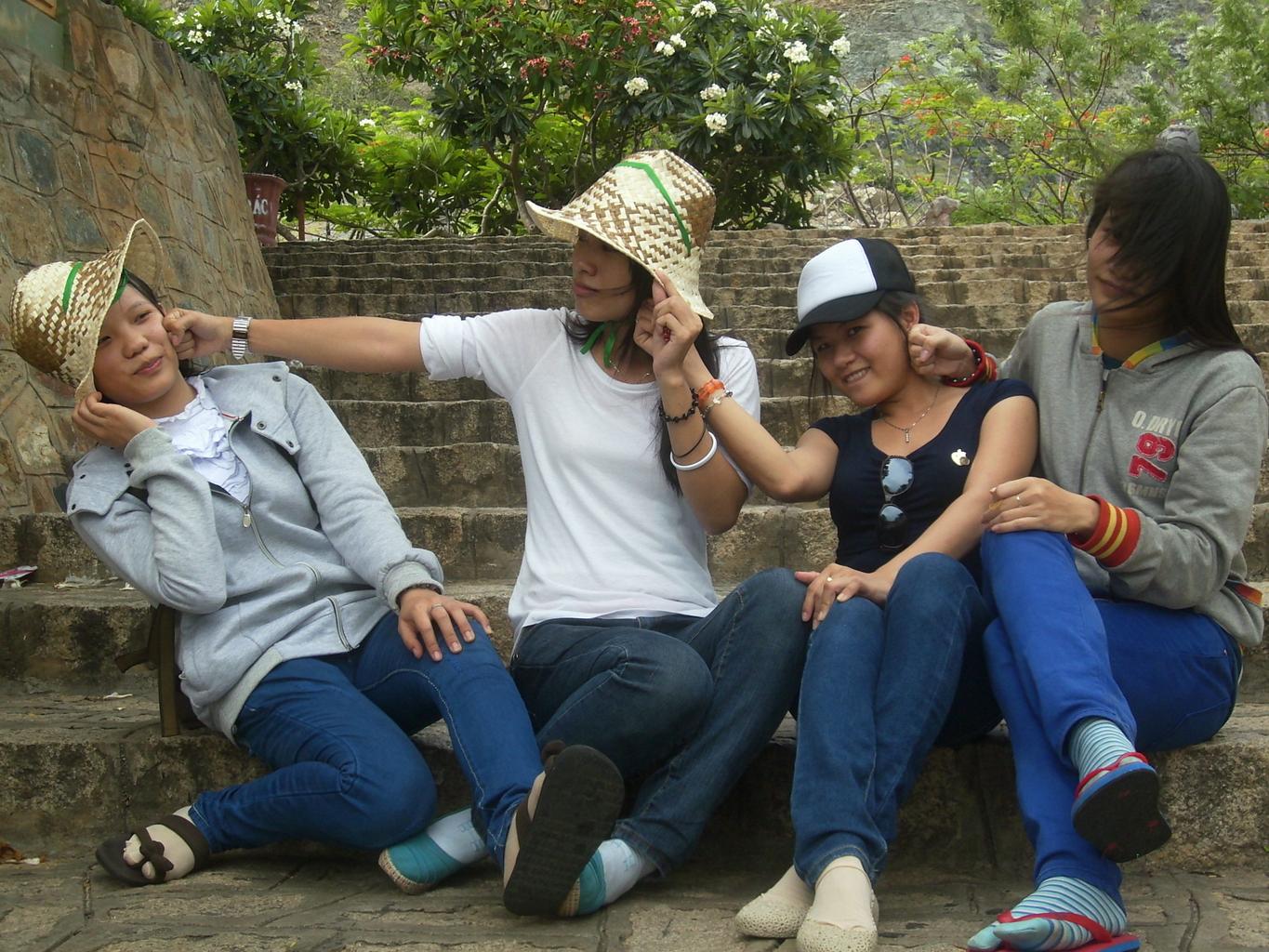
All of us desire acceptance. Our friends seek us out because they know we make them feel accepted. The dynamics of friendship require that we remain nonjudgmental towards one another.
But what do we do when our friend shares with us that he is doing something ethically questionable? Should we just accept this too and tell ourselves that it’s none of our business? Most of the time, we fear offending our friend. And this becomes the excuse for not doing anything and merely tolerating his actions.
Often, instead of telling our friend that what he is doing may be injurious, we even make him feel that it is okay. We enable his undesirable behavior. But by doing this, we reinforce whatever he is doing. When we condone the harmful or self-destructive actions of other people, we become their enablers.
Sometimes we think that being a friend entails giving blind and unconditional acceptance. But this should not be the case. We cannot be the one to give encouragement to a friend when he engages in dishonesty or becomes mired in vices. If we truly consider ourselves to be a good friend, then we should not enable the wrongdoings of those close to us. A good friend shows concern and will not simply watch and wait for his friend to slowly destroy his own life.
When we become aware that a friend is doing something wrong, then we must recognize that it is our obligation to point this out. By making a clear and consistent stand on the issue, we can object to our friend’s deleterious behavior in a concerned and respectful way without risking the friendship. When we carry this out, at the very least we will know that we have done all we can do. And by being a positive influence, we can hope to bring about a realization in our friend by allowing him the opportunity to discover what is truly good for him.
http://www.articlesfactory.com/articles/self-help/are-you-an-enabler.html

No comments:
Post a Comment